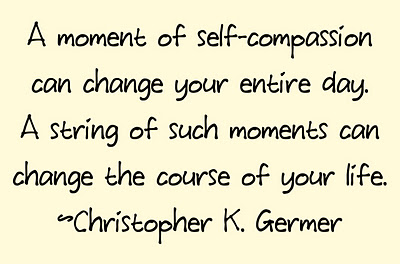Teenagers today face many challenges, often including intense expectations and pressures from their parents, teachers, and friends. Sometimes, however, their harshest critics are not any of these other people, but themselves. Could self-compassion help?
In the first study, published this year in The Journal of Positive Psychology, Karen Bluth and Priscilla Blanton surveyed students in middle and high school about their levels of positive and negative feeling, perceived stress, and life satisfaction—as well as self-compassion. Overall, they found that self-compassion was associated with higher life satisfaction and lower perceived stress and negative feeling.Pioneering researcher Kristin Neff defines self-compassion as treating oneself with kindness and care rather than judgment, being mindful of one’s own painful feelings, and understanding one’s suffering as part of the common human condition. While many studies have found it to be associated with well-being in adults, few researchers have investigated if this is true for young people as well. Now two new studies suggest that self-critical teenagers can also benefit from a dose of self-compassion—and this might be especially true for high-school girls.
Then they compared boys and girls. There were no gender differences in middle school and no differences between boys in middle school vs. high school, they found. But the high school girls were another story.
Compared to both their male counterparts and to the middle school girls, the high school girls felt significantly worse and more stressed out. They were also less satisfied with their lives and much less self-compassionate. According to researchers, the high school girls “reported being more self-judging, feeling more isolated, and having more difficulty maintaining a balanced perspective in the midst of challenging circumstances.” This finding concurs with other research that has found higher depression rates in adolescent females compared to males as well as lower self-compassion among adult women compared to men.

